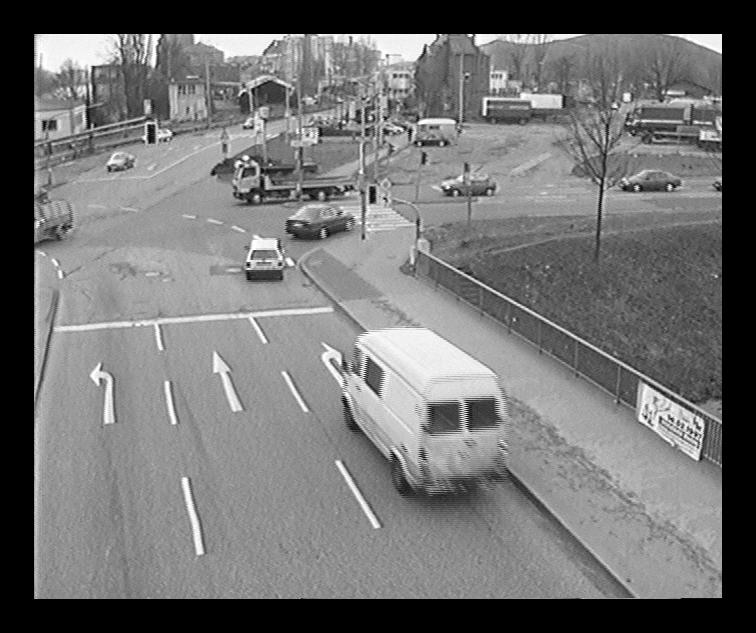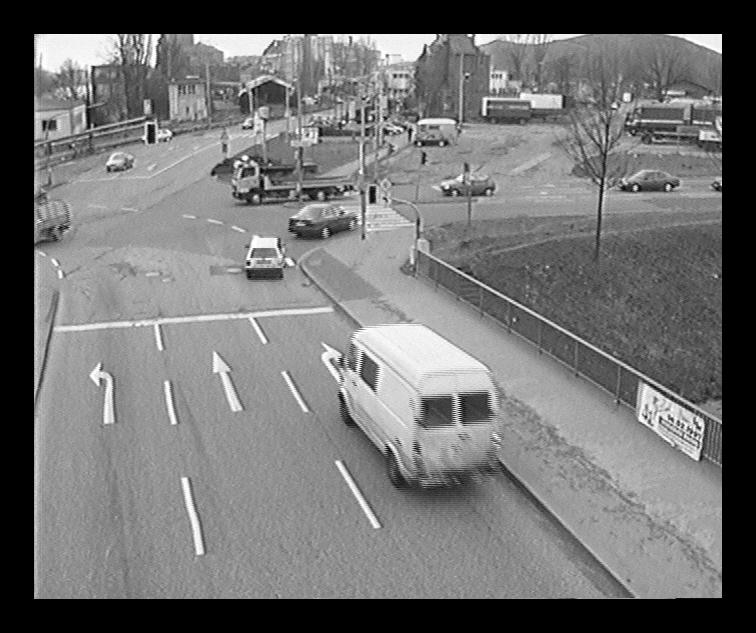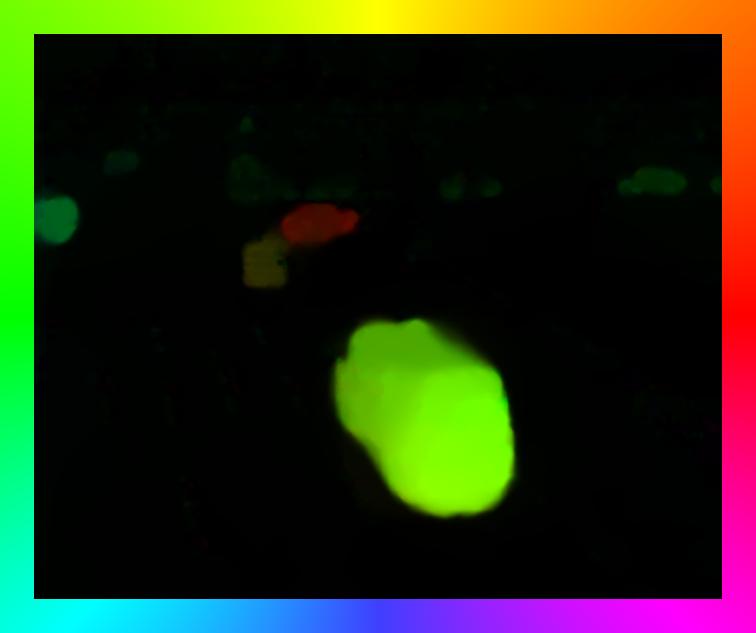
Seminar
Groundbreaking Ideas in Image Analysis
Summer Term 2015
Home
About Us
People
Teaching
Research
Publications
Awards
Links
Contact
Internal
(Main) Seminar: Groundbreaking Ideas in Image Analysis
Sarah Schäffer,
Prof. Joachim Weickert
Summer Term 2015
(Main) Seminar (2 h)
Notice for bachelor/master students of mathematics: This is a »Hauptseminar« in the sense of these study programs.

|

|

|
Important Dates – Description – Registration – Requirements – Introductory Meeting – Overview of Topics
Introductory meeting (mandatory):
The introductory meeting will take place
on Friday, February 13, 2015, 2:15 p.m., in E1.7, Room 4.10.
In this meeting, we will assign the topics to the participants.
Attendance is mandatory for all participants.
Do not forget to register first (see below).
Regular meetings during the summer term 2015:
Tuesday, 4:15 p.m., in Building E1.7, Room 4.10
Date of first regular meeting:
May 5, 2015.
Last meeting:
June 30, 2015.
Write-up submission deadline:
August 16, 2015. Please e-mail your write-up to
Sarah Schäffer.
Contents: Image processing and computer vision have benefitted from a number of key ideas that have fertilised the subsequent develepment enormously. The goal of this seminar is to study a number of publications that have played a fundamental role in this context and that are cited very often. Topics include
- scale-spaces, regularisation, denoising, segmentation,
- optic flow, stereo, registration, shape from shading.
Prerequisites: The seminar is for advanced bachelor or master students in Visual Computing, Mathematics or Computer Science. Basic mathematical knowledge (e.g. Mathematik für Informatiker I-III) is required, and some knowledge in image analysis is recommended.
Language: All papers are written in English, and English is the language of presentation.
There are no more places left. The registration is closed.
Regular attendance: You must attend all seminar meetings, except for provable important reasons (medical certificate).
Talk:
Talk duration is 30 min, plus 15 min for discussion. Please do not
deviate from this time schedule.
You may give a presentation using a data projector,
overhead projector or blackboard, or mix these media appropriately.
Your presentation should be delivered in English. Your slides and your
write-up, too, should be in English.
Write-up: The write-up should summarise your talk, about 5 pages per speaker will be adequate in most cases. Electronic submission is preferred. File format for electronic submissions is PDF – text processor files (like .doc) are not acceptable. Do not forget to hand in your writeup: Participants who do not submit a writeup cannot obtain the certificate for the seminar.
Plagiarism: Adhere to the standards of scientific referencing and avoid plagiarism: Quotations and copied material (such as images) must be clearly marked as such, and a bibliography is required. Otherwise the seminar counts as failed.
Mandatory consultation: Talk preparation has to be presented to your seminar supervisor no later than one week before the talk is given. It is your responsibility to approach us timely and make your appointment.
No-shows: No-shows are unfair to your fellow students: Some talks are based on previous talks, and your seminar place might have prevented the participation of another student. Thus, in case you do not appear to your scheduled talk (except for reasons beyond your control), we reserve the right to exclude you from future seminars of our group.
Participation in discussions: The discussions after the presentations are a vital part of this seminar. This means that the audience (i.e. all paricipants) poses questions and tries to find positive and negative aspects of the proposed idea. This participation is part of your final grade.
Being in time: To avoid disturbing or interrupting the speaker, all participants have to be in the seminar room in time. Participants that turn out to be regularly late must expect a negative influence on their grade.
Here are the slides from the introductory meeting. The contain important information for preparing a good talk.
We will discuss the following papers. If your registration was successful, the password will be sent to you before the first meeting.
MIA Group
©2001-2023
The author is not
responsible for
the content of
external pages.
Imprint -
Data protection